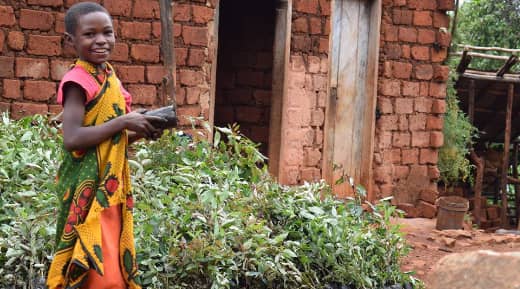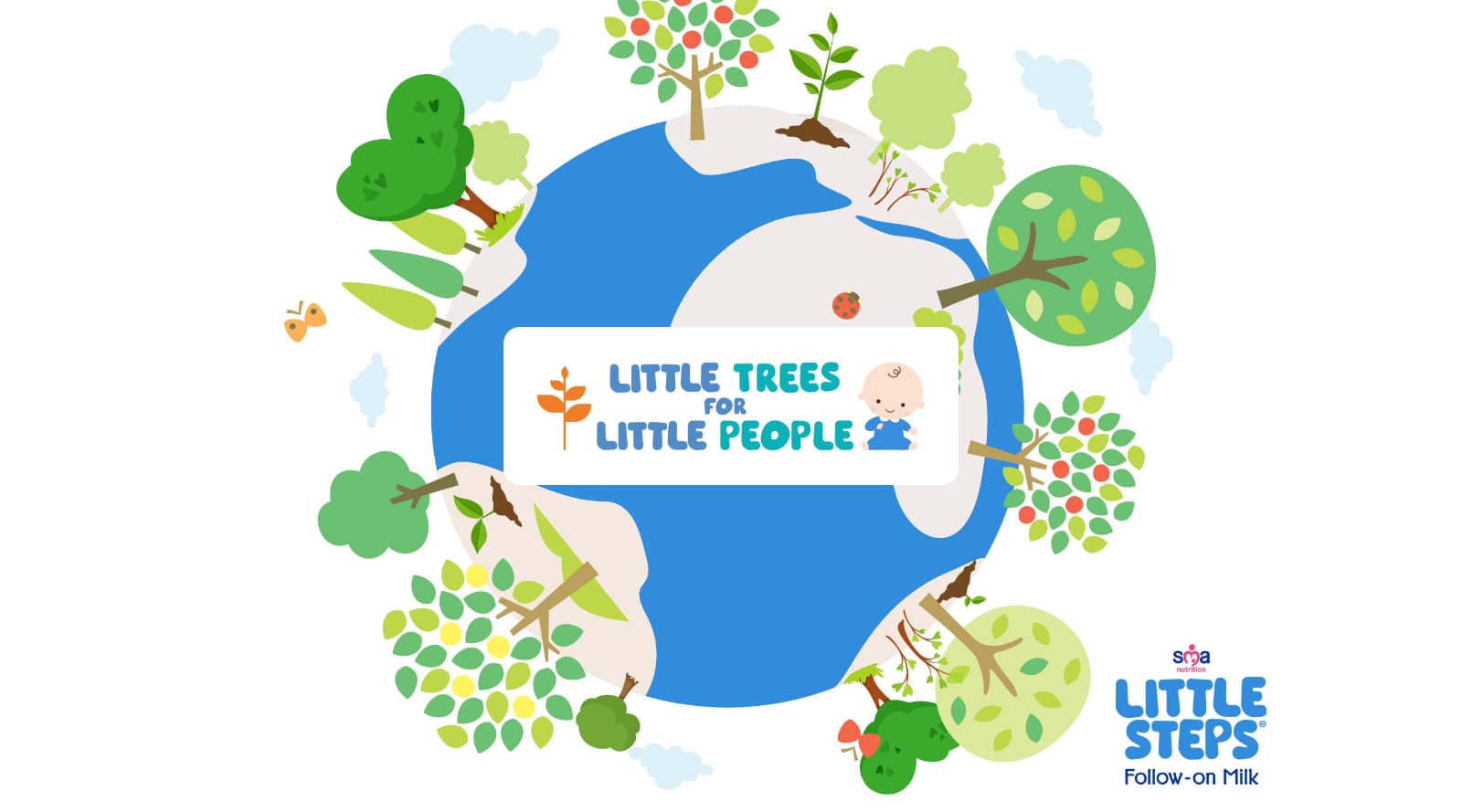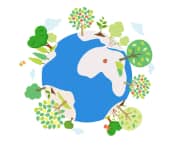We know you want your little ones to grow and develop into amazing little people. We also believe that we should be taking care of the planet for them. As a step toward this, we have partnered with Tree Nation to plant trees around the world.
Why should we plant trees?
Trees are amazing!
It’s no secret that trees help the environment, but you may be surprised by all the benefits that planting trees can provide.
You’ve probably heard that they can help our planet by capturing and storing carbon. But they also benefit the environment by providing homes for all sorts of other plants and animals, improve our soil and purify water & the air we all breathe.
Nature can be little ones #1 playground where they take little steps and make great strides in their development. Trees can brighten the day and also help to improve wellbeing. That’s why we are supporting tree planting.
To learn more about why planting trees is so important click here.
Our LITTLE TREES
See how many trees we have planted, where they are in the world and how much carbon they have captured.
Usambara Project, Tanzania

One of the projects that Tree Nation are currently supporting is the Usambara Project in Tanzania, Africa. The projects first outcome is to maintain and expand rain forest habitat to preserve biodiversity, reforest lands where trees were cut to maintain topsoil and prevent erosion, helping to save the local water source.
In addition, trees are provided to farmers to plant in agroforestry and alley cropping, improving land productivity and providing a surplus that can be sold at market, raising livelihoods. Schools can sell seedlings, raising funds needed for learning materials, physical improvements, scholarships, and the tree nurseries.
The forests also provide learning opportunities for students and village communities so people will understand how sustainable environmental conservation leads to increased availability of forest products, and helps to reduce dependency behaviour on the Nature Reserve for forest resources.
The ultimate outcome will be a new generation of people who understand how environmental conservation works to their benefit.
IMPORTANT NOTICE: We believe that breastfeeding is the ideal nutritional start for babies and we fully support the World Health Organization’s recommendation of exclusive breastfeeding for the first six months of life followed by the introduction of adequate nutritious complementary foods along with continued breastfeeding up to two years of age. We also recognise that breastfeeding is not always an option for parents. We recommend that you speak to your healthcare professional about how to feed your baby and seek advice on when to introduce complementary feeding. If you choose not to breastfeed, please remember that such a decision can be difficult to reverse and has social and financial implications. Introducing partial bottle-feeding will reduce the supply of breast milk. LITTLE STEPS® Follow-on Milk is only suitable for babies over 6 months as part of a mixed diet. It should not be used as a substitute for breast milk during the first 6 months. The decision to start weaning or to use this product before 6 months, should be made only on the advice of a doctor, midwife, health visitor, public health nurse, dietitian or pharmacist, based on baby’s individual needs.








